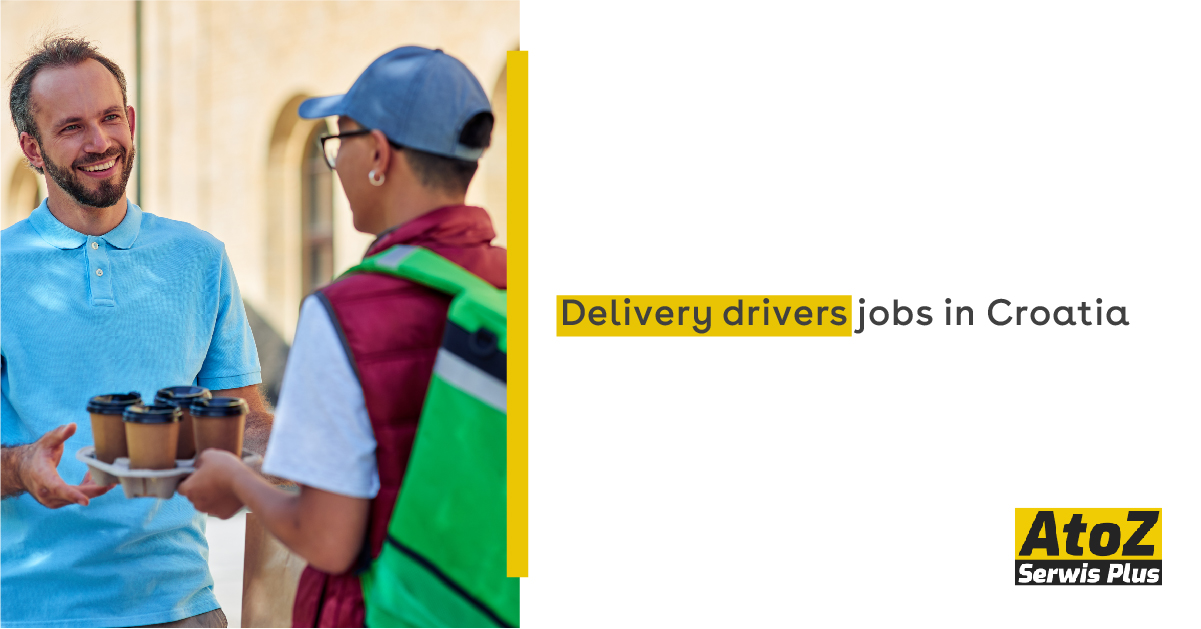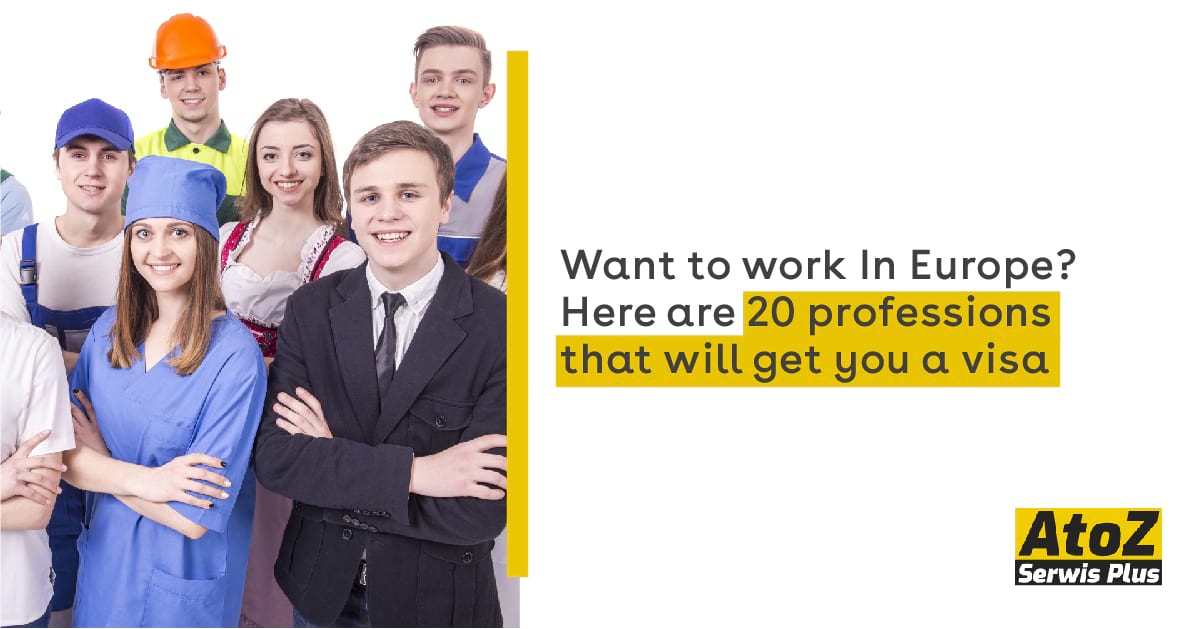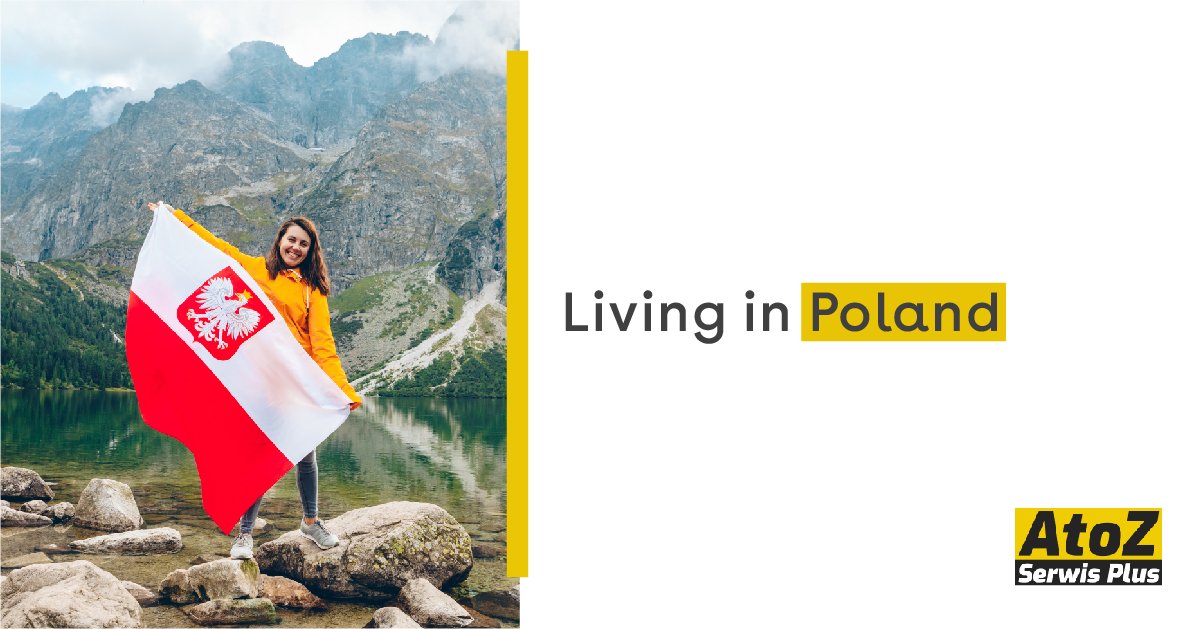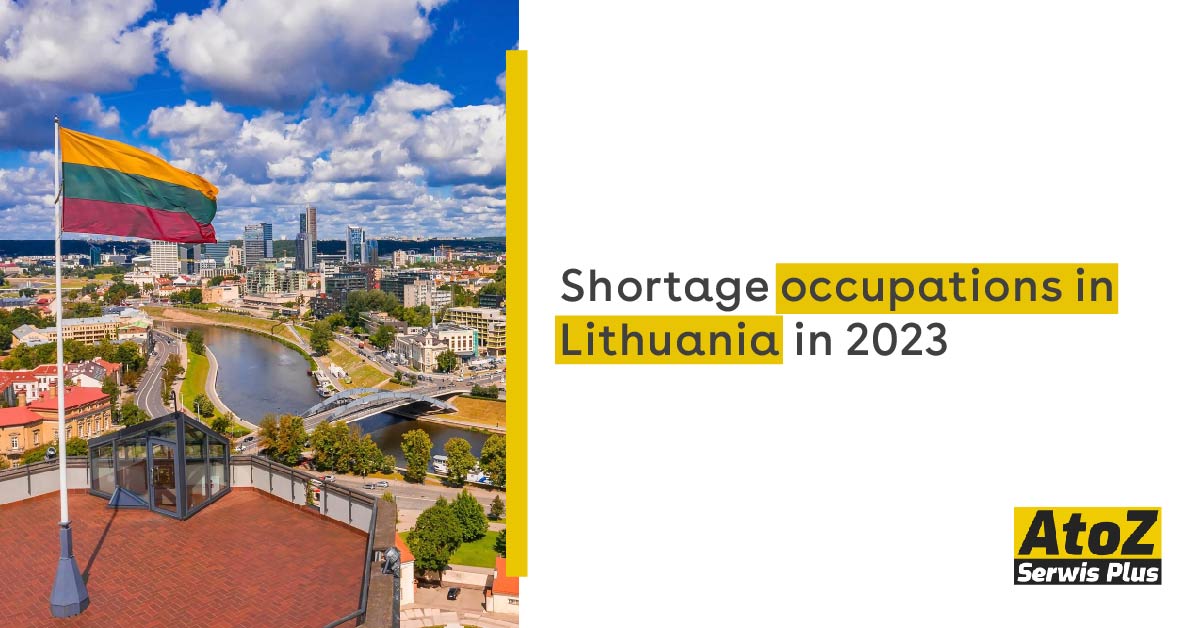Common Work Visa Interview Questions at the European Embassy
Schengen Work Visa Interview - Questions and Answers
Navigating the work visa application process can be daunting, but understanding what to expect during the interview can significantly enhance your chances of success. Here’s a detailed guide featuring common interview questions and strategies for crafting practical answers.
1. Why do you want to work in this country?
- Purpose: To gauge your motivations and commitment.
- Sample Answer: “I’m particularly drawn to [Country] because of its thriving [specific industry] sector. The opportunity to work with leading companies in this field aligns perfectly with my career goals. Additionally, I’m excited to experience the rich culture and lifestyle that [Country] offers.”
2. What position are you applying for, and what are your responsibilities?
- Purpose: To confirm your understanding of the role.
- Sample Answer: “I am applying for the [Job Title] position at [Company]. In this role, I will be responsible for [list key responsibilities], such as leading projects, collaborating with cross-functional teams, and ensuring that deliverables meet client expectations.”
3. Why did you choose this specific employer?
- Purpose: To understand your motivations for selecting the company.
- Sample Answer: “I chose [Company] because of its strong reputation in [industry/field]. I admire your commitment to [specific value or project], which resonates with my professional values and aligns with my career aspirations.”
4. What are your qualifications for this position?
- Purpose: To assess your fit for the job.
- Sample Answer: “I hold a [Degree] in [Field] and have over [X years] of experience in [relevant skills/industries]. My previous role at [Company] involved [specific accomplishments], which have prepared me well for this position.”
5. How do you plan to support yourself in the country?
- Purpose: To verify your financial stability.
- Sample Answer: “With my salary of [amount] and my savings of [amount], I am confident that I can support myself comfortably in [Country]. I also plan to budget carefully to manage living expenses effectively.”
6. What are your long-term career goals?
- Purpose: To understand your ambitions and commitment.
- Sample Answer: “My long-term goal is to become a [specific role or expertise]. I see this position as a crucial step toward achieving that, as it will allow me to gain valuable experience and further develop my skills in [specific areas].”
7. Have you ever worked or lived in a foreign country before?
- Purpose: To gauge your adaptability and experience.
- Sample Answer: “Yes, I spent [X years/months] studying/working in [Country]. This experience taught me how to navigate different cultural dynamics and adapt quickly to new environments, which I believe will help me in my new role.”
8. How do you plan to integrate into the local culture?
- Purpose: To assess your willingness to adapt and engage.
- Sample Answer: “I plan to take language courses to improve my proficiency in [Language]. I’m also eager to join local community groups and participate in cultural events to build relationships and fully immerse myself in the culture.”
9. What will you do if your work visa application is denied?
- Purpose: To understand your resilience.
- Sample Answer: “If my application is denied, I would request feedback to understand why. I am committed to addressing issues and reapplying, as I believe strongly in my qualifications and the value I can bring to [Country].”
10. Do you have any family or friends in the country?
- Purpose: To gauge your support network.
- Sample Answer: “I have a few acquaintances in [Country], but I plan to build my network through work and community involvement. I’m eager to meet new people and integrate fully into the local environment.”
Additional Common Questions
11. What do you know about the country’s work culture?
- Purpose: To assess your knowledge and readiness to adapt.
- Sample Answer: “I understand that work culture in [Country] places a strong emphasis on [specific aspects, e.g., teamwork, punctuality, work-life balance]. I value these qualities and believe my previous experiences have prepared me to thrive in such an environment.”
12. How do you handle stress and pressure at work?
- Purpose: To evaluate your coping mechanisms.
- Sample Answer: “I manage stress by prioritising tasks and staying organised. In my previous job, when facing tight deadlines, I focused on clear communication with my team and set realistic goals to ensure we met our objectives without compromising quality.”
13. Can you describe a challenging situation you faced at work and how you resolved it?
- Purpose: To assess problem-solving skills.
- Sample Answer: “In my last position, we encountered a significant delay on a project due to unforeseen circumstances. I organised a team meeting to assess the situation, delegated tasks to address the bottleneck, and we were able to deliver the project only a week late while maintaining quality.”
14. What do you expect from your employer?
- Purpose: To understand your work expectations.
- Sample Answer: “I expect open communication and opportunities for professional development. I believe a supportive work environment fosters creativity and productivity, which I look forward to experiencing at [Company].”
15. How do you keep yourself updated with industry trends?
- Purpose: To assess your commitment to professional growth.
- Sample Answer: “I regularly read industry publications, attend webinars, and participate in professional networks. Staying informed about industry trends is crucial for my professional development and helps me bring new ideas to my work.”
Additional Tips for a Successful Interview
-
Research the Country and Company: Understanding the local customs, work regulations, and the company’s mission can help you respond thoughtfully and show your genuine interest.
-
Be Prepared for Behavioral Questions: Structure your answers to behavioural questions using the STAR method (Situation, Task, Action, Result), providing clear and concise examples from your past experiences.
-
Maintain Good Body Language: Non-verbal communication is crucial. Maintain eye contact, sit straight, and smile to convey confidence and enthusiasm.
-
Ask Questions: Prepare thoughtful questions at the interview's end. This shows your interest in the role and helps you evaluate if the company is a good fit for you. For example, “What opportunities are for professional development within the company?”
Conclusion
Successfully navigating a work visa interview involves preparation, confidence, and understanding of your motivations and qualifications. By familiarising yourself with these common questions and crafting thoughtful responses, you can effectively convey your readiness for the role and commitment to integrating into the new country. Good luck with your visa interview!

















